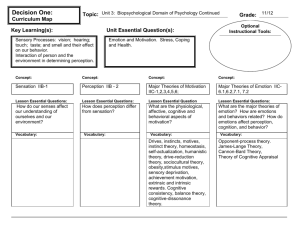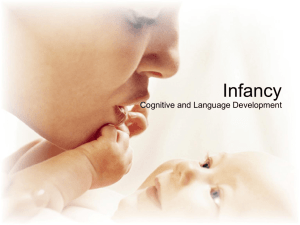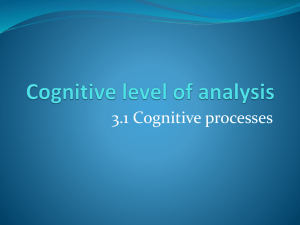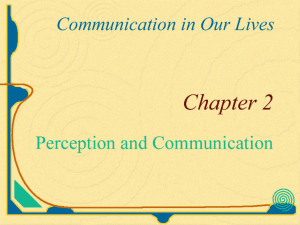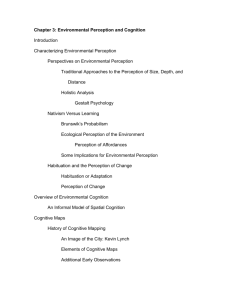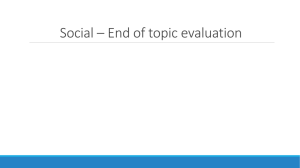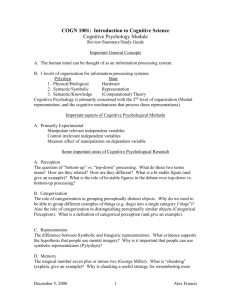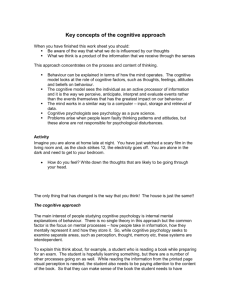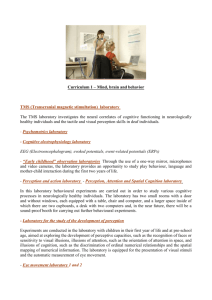Management 371: Organizational Behavior
advertisement
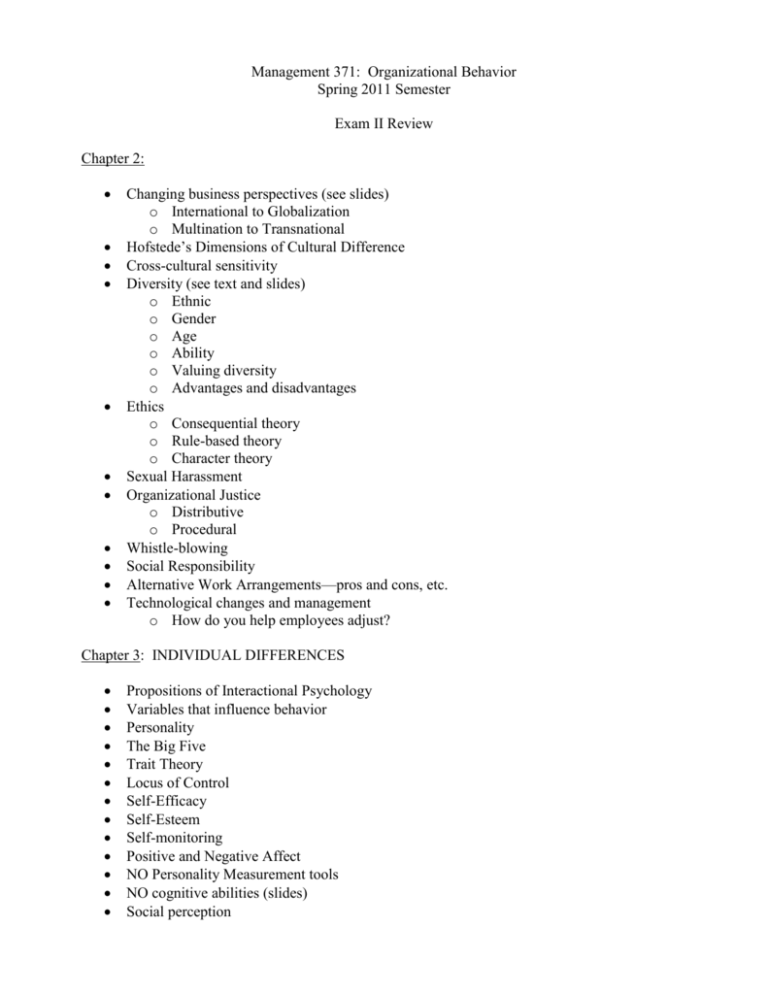
Management 371: Organizational Behavior Spring 2011 Semester Exam II Review Chapter 2: Changing business perspectives (see slides) o International to Globalization o Multination to Transnational Hofstede’s Dimensions of Cultural Difference Cross-cultural sensitivity Diversity (see text and slides) o Ethnic o Gender o Age o Ability o Valuing diversity o Advantages and disadvantages Ethics o Consequential theory o Rule-based theory o Character theory Sexual Harassment Organizational Justice o Distributive o Procedural Whistle-blowing Social Responsibility Alternative Work Arrangements—pros and cons, etc. Technological changes and management o How do you help employees adjust? Chapter 3: INDIVIDUAL DIFFERENCES Propositions of Interactional Psychology Variables that influence behavior Personality The Big Five Trait Theory Locus of Control Self-Efficacy Self-Esteem Self-monitoring Positive and Negative Affect NO Personality Measurement tools NO cognitive abilities (slides) Social perception o Characteristics of the perceiver o Characteristics of the target o Characteristics of the situation Social Information Processing Model (slides) o 4 stages Barriers to social perception o Selective perception o Stereotypes o First-impression error o Projection o Self-fulfilling prophecies o Other Impression management Attributions o Kelly’s Model (slides) o Weiner’s Model (slides) o Internal vs. External Attributions o Fundamental Attribution Error o Self-Serving Bias Chapter 4: Attitudes o ABC of attitudes o Formation o And behavior Cognitive Dissonance Job satisfaction o What it’s related to Organizational Citizenship Behavior Workplace Deviance Behavior Organizational Commitment o Affective o Continuance o Normative Persuasion and o Source characteristics o Target characteristics o Message characteristics Emotions o Emotional contagion NO Ethics (already tested) Values and cultural differences Machiavellianism Cognitive Moral Development Chapter 5: o Motivation and work o Internal (Intrinsic) needs o Max Weber o Sigmund Freud o External (Extrinsic) motivators o Adam Smith and self-interest o Frederick Taylor o Maslow’s Hierarchy o Theory X and Theory Y o ERG Theory (Alderfer) o McClelland’s Need Theory o Need for achievement o Need for power o Need for affiliation o Herzberg’s 2-Factor Theory o Motivators o Hygiene Factors o Eustress o Positive Energy and Full Engagement o Demands and Contributions (p. 81) o Adam’s Equity Theory o Equity Sensitives o Benevolents o Entitleds o Expectancy Theory o Valence o Expectancy o Instrumentality o Cultural Differences in motivation Chapter 6: o o o o o o o o o o o o Learning Classical conditioning Operant conditioning Reinforcement theory o Reinforcement (positive and negative) o Punishment o Extinction Bandura’s social learning theory Cognitive learning theories Goal-setting theory o Characteristics of effective goals (what makes them motivating) Role stress Role conflict Role ambiguity Management by Objectives (MBO) Performance management o Feedback 360 degree What/when makes feedback motivating o Rewarding performance o Correcting poor performance o Kelly’s Model (see ch 3 slides) “The Brain at Work”:
